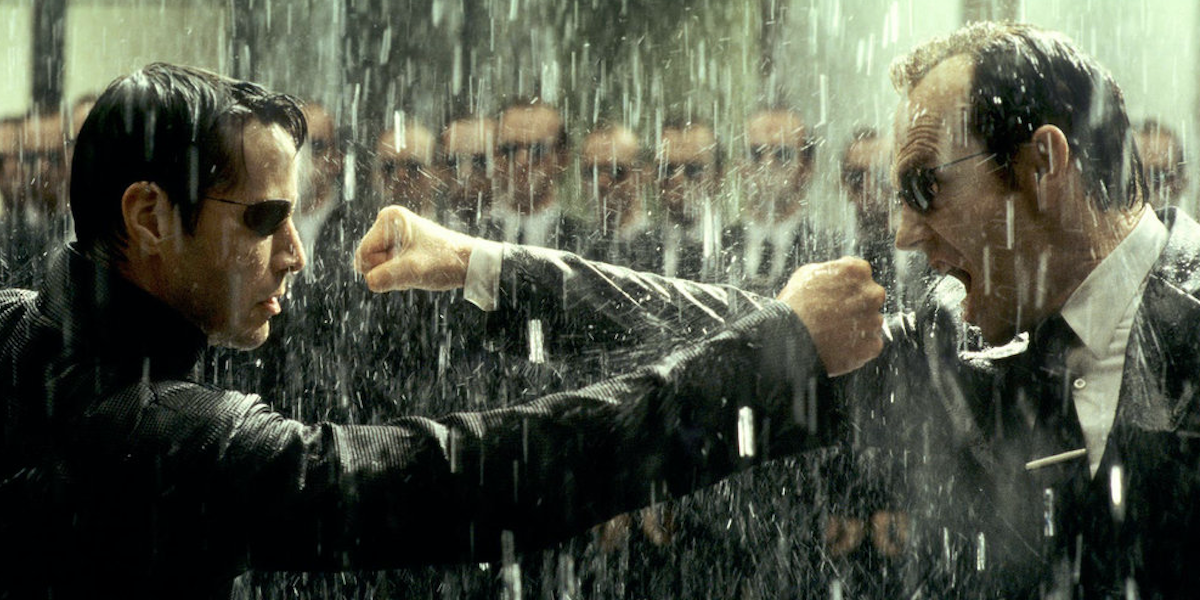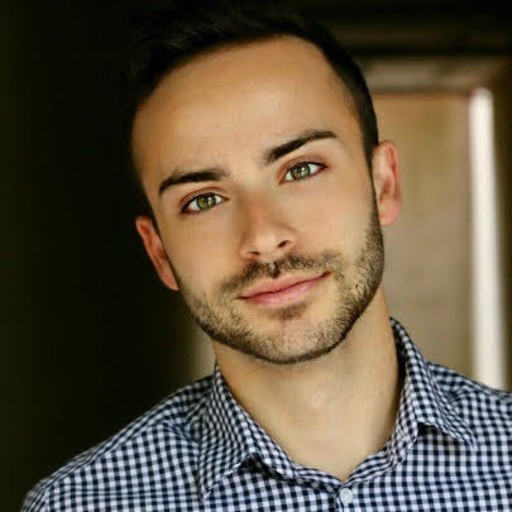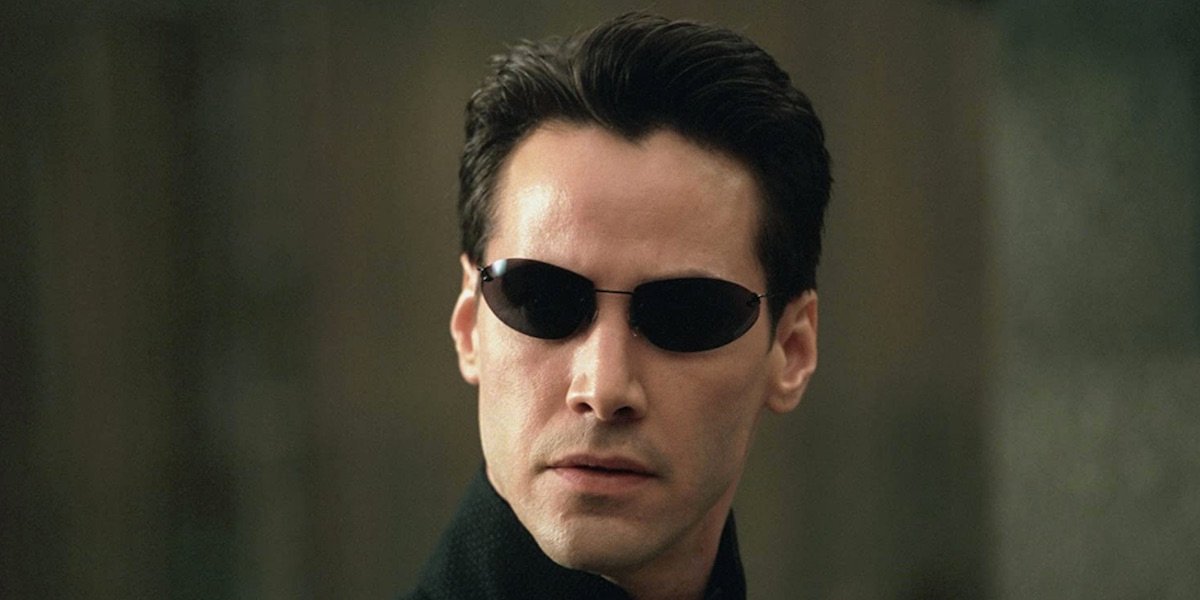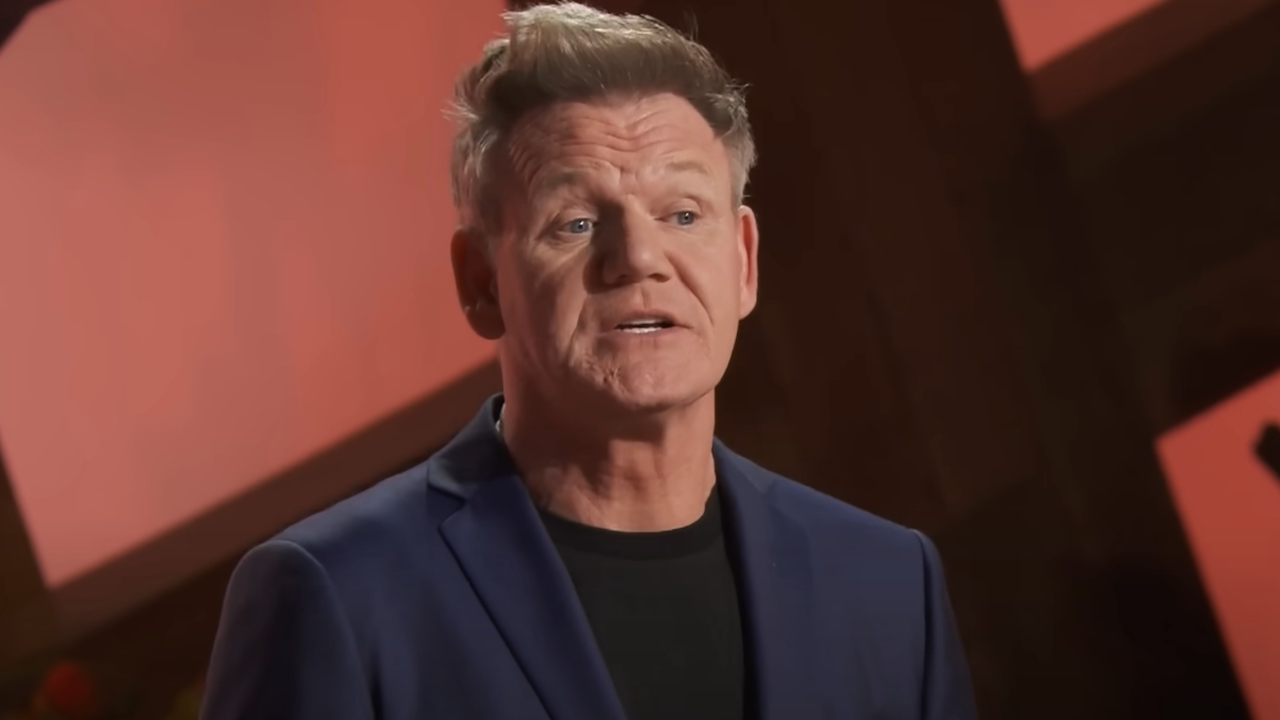The Matrix Director Explains Why The Franchise Means So Much To The Transgender Community

The Matrix franchise is an iconic set of movies, which debuted groundbreaking innovations in cinematography and visual effects. The sci-fi action property was massively popular after the first Matrix movie arrived in 1999. The movies also helped to elevate the careers of director/writer siblings The Wachowskis, who have gone through their own journey in the public eye as transgender women. And now Lilly Wachowski has explained how her identity affected The Matrix, and why the property is so important to trans folks around the world.
The Wachowskis directed the three Matrix movies before coming out as transgender women, and having a transition that was in the public eye. Lilly Wachowski came out as trans back in 2016, after years of rumors and questions. While Lilly isn't attached as a director or writer on The Matrix 4, she's still speaking out about the beloved franchise. Specifically, how much it has meant to the trans community in the decades since its release. As she put it,
Now that I'm out and a living example of someone who can grow old being a trans woman, [trans people] can see those films through the lens of my transness and their transness. They're able to go, 'Oh my God, these films were such an important part of my coming out and my own journey.' I'm extraordinarily grateful that I could offer that to people.
It looks like the contents and themes of of The Matrix franchise, combined with the Wachowski's real-life identity, have resulted in the sci-fi franchise feeling relevant to the trans experience. While this doesn't apply to everyone, Lilly's comments are just some examples of the conversations she's had with the community about her work.
Lilly Wachowski's comments to THR show how much of a lasting impact the Matrix franchise has had on pop culture, not even including the upcoming sequel. The Matrix became a staple in pop culture immediately after its release, particularly its use of slow motion that was emulated countless times by other filmmakers. But aside from Neo's epic action and the allegory about technology and free thought, the property connects with transgender moviegoers for different reasons.
The Matrix franchise is filled with symbolism and a deeper meaning, aside from the awesome gunfights and action. In her same interview, Lilly Wachowski spoke to how the movies were "born out of a lot of anger and a lot of rage, and it's rage at capitalism and corporatized structure and forms of oppression." These messages are clear, especially related to whether or not to take the red pill. As or the oppression she mentioned, Wachowski went on to explain that it was a "bubbling, seething rage within me was about my own oppression, that I [was forcing] myself to remain in the closet."
These complicated feelings ultimately created some truly iconic moments in modern cinema, and tons of filmmakers have tried to emulate the same style of cinematography over the years. Luckily both Lilly and Lana Wachowski are now able to live their full truth, and continue creating in the process. It doesn't look like Lilly is going to be involved in The Matrix 4, although her work on the original trilogy will no doubt be honored in the new sequel
The Matrix 4 is currently set to arrive in theaters on May 21st, 2021, and the original trilogy is streaming on Netflix. In the meantime, check out our 2020 release list to plan your next trip to the movies.
Your Daily Blend of Entertainment News

Corey was born and raised in New Jersey. Graduated with degrees theater and literature from Ramapo College of New Jersey. After working in administrative theater for a year in New York, he started as the Weekend Editor at CinemaBlend. He's since been able to work himself up to reviews, phoners, and press junkets-- and is now able to appear on camera with some of his favorite actors... just not as he would have predicted as a kid. He's particularly proud of covering horror franchises like Scream and Halloween, as well as movie musicals like West Side Story. Favorite interviews include Steven Spielberg, Spike Lee, Jamie Lee Curtis, and more.

